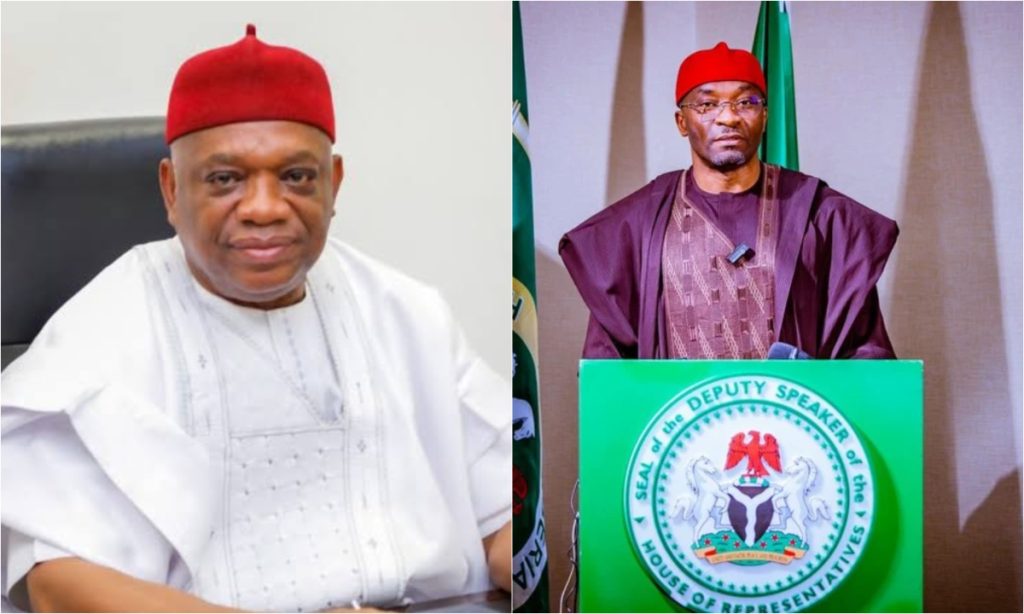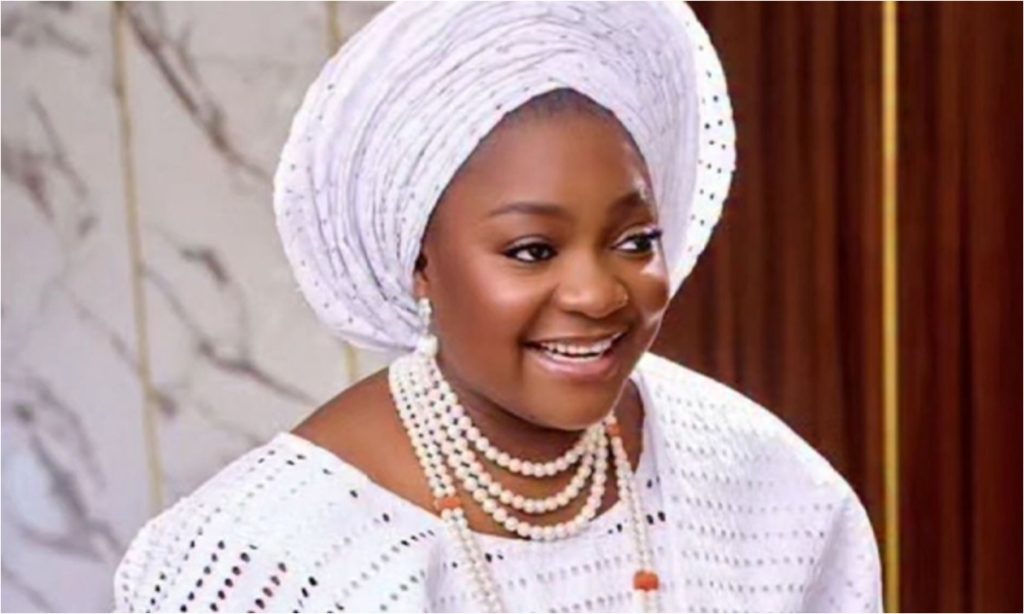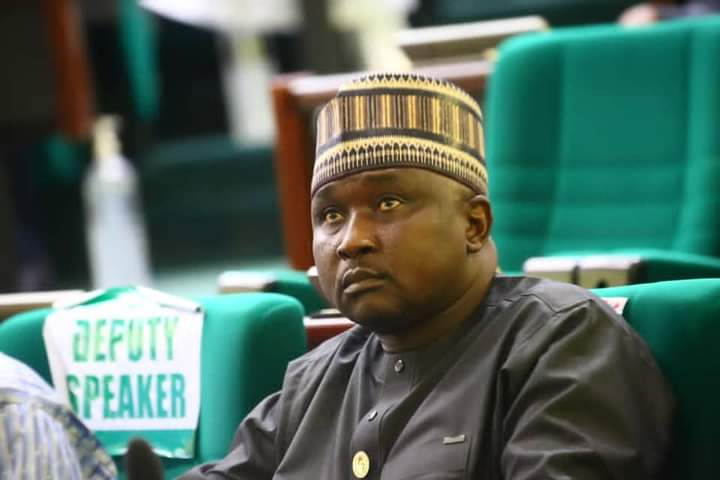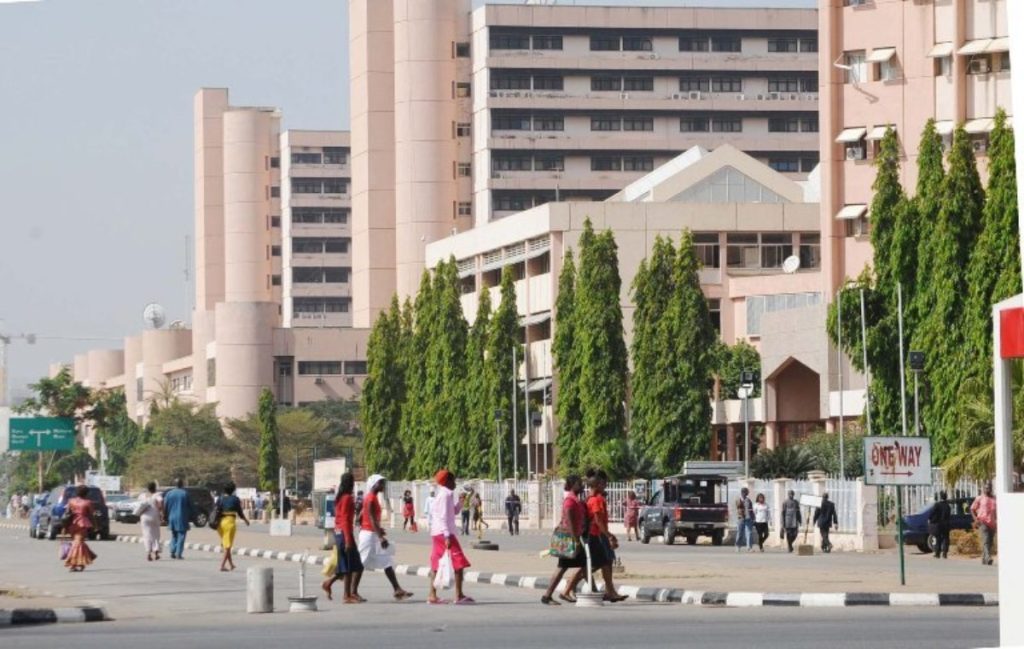Tragedy in Nairobi: Police Shooting Victim Boniface Kariuki Succumbs to Injuries
In a devastating turn of events, Boniface Kariuki, a street mask vendor, has died from injuries sustained during a protest in Nairobi. Kariuki was shot in the head by police at close range, sparking widespread outrage and condemnation from human rights groups. The incident occurred during a demonstration calling for justice for influencer Albert Ojwang, who died in police custody. A video of the shooting, which shows two officers confronting Kariuki before one of them fires at him point-blank, has been widely circulated, leaving many shocked and disturbed.
Kariuki’s family confirmed that he had been declared brain dead, and doctors reported that his brainstem had stopped functioning, despite his heart continuing to beat with the help of machines. He underwent three surgeries, but unfortunately, bullet fragments remained lodged in his brain, and doctors later confirmed that there was no brain activity. Kariuki’s death has been met with an outpouring of grief and anger, with many calling for accountability and justice.
A Broader Pattern of Police Brutality
Kariuki’s death is not an isolated incident. At least 16 people have died and over 400 have been injured nationwide, mostly at the hands of security officers, during the ongoing Gen Z-led demonstrations. Human rights groups, including Amnesty International, have listed Kariuki among the victims of police brutality, highlighting the need for urgent reform and accountability within the police force.
As the people of Kenya mourn the loss of Boniface Kariuki, they also demand justice and an end to the culture of impunity that has allowed such tragedies to occur. The incident serves as a stark reminder of the need for police reform and the protection of human rights in Kenya. The international community is watching, and it is imperative that those responsible for Kariuki’s death are held accountable. Only then can the people of Kenya begin to heal and rebuild, knowing that their rights and dignity are respected and protected.



